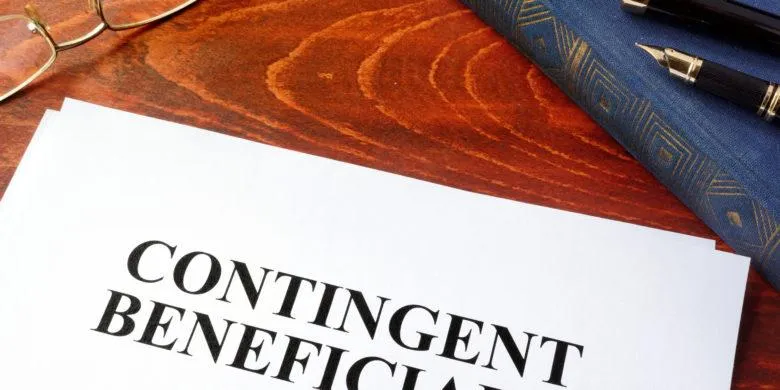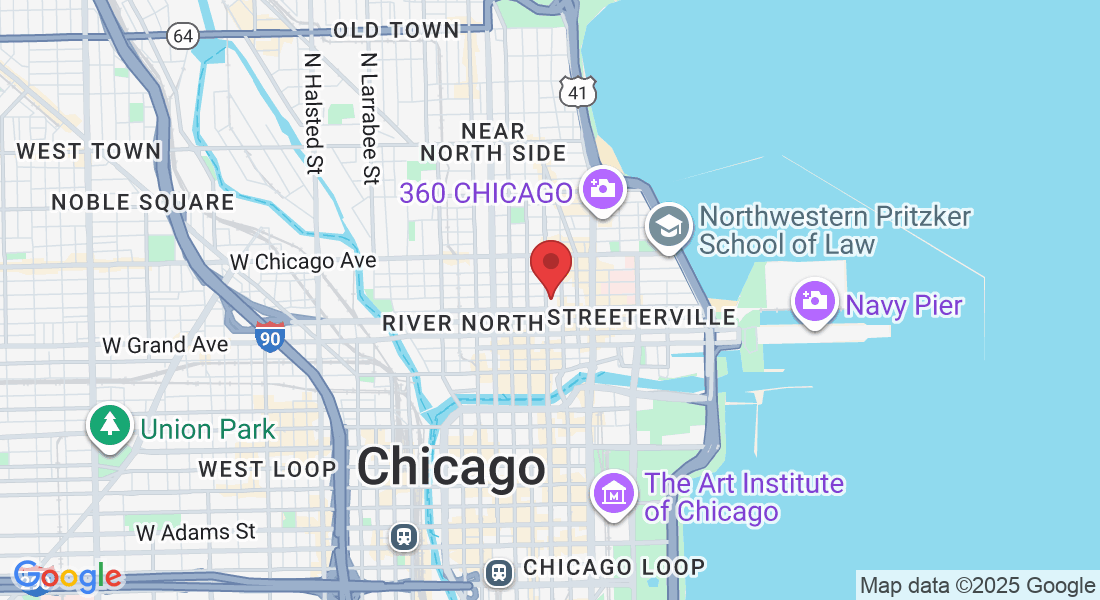
What Is a Contingent Beneficiary
A beneficiary is the individual or entity you designate to receive your assets upon your passing. You can name a beneficiary for each specific item or property you own. Additionally, you can assign contingent beneficiaries, who inherit assets only if your primary beneficiary cannot or does not survive you. This ensures that your estate is distributed according to your wishes, bypassing probate for certain assets like life insurance policies and 401(k) accounts.
Contingent beneficiaries serve as an essential backup plan, providing added security and ensuring your assets are distributed appropriately if your primary beneficiary cannot fulfill their role. For example, if a primary beneficiary passes away before you, the contingent beneficiary steps in to inherit the designated assets.
In scenarios where no beneficiaries are named, state laws will determine how your assets are distributed, which might not align with your preferences. By naming contingent beneficiaries, you maintain control over who inherits your property and prevent potential legal complications or contested claims. Additionally, contingent beneficiaries can play a crucial role in situations where unforeseen circumstances prevent your primary beneficiary from receiving your estate.
Primary beneficiaries are those first in line to receive your assets, while contingent beneficiaries are named as backups. Both categories can include individuals, organizations, or other entities. You have the flexibility to designate multiple beneficiaries and allocate specific percentages of your assets to each. For instance, in a scenario where a primary beneficiary and their family members perish simultaneously, contingent beneficiaries ensure that your estate is distributed without delay or legal challenges.
When selecting beneficiaries, it’s important to consider your specific needs and circumstances. A trust can be established to manage any inheritance for minor children until they reach the age of majority. Reviewing your beneficiary designations every few years or after significant life events, such as marriage, divorce, or the birth of a child, is also recommended. Remember that unless your policy states otherwise, you can usually update your beneficiaries as needed.
Contingent beneficiaries are particularly helpful for ensuring that minor children, who cannot directly inherit assets, are provided for. A legal guardian can manage the inheritance on their behalf until they come of age. If your estate plan includes minors, you can designate a specific guardian or trustee to oversee their financial interests.
Updating beneficiaries is an integral part of estate planning. While changes can be made relatively easily in most policies, irrevocable accounts may have stricter guidelines. If you’re married or have other legal obligations, consulting an estate planning expert can help you navigate these complexities and avoid unintended tax implications.
Understanding the different types of beneficiaries is vital to ensuring your assets are distributed according to your wishes. Primary beneficiaries receive your assets first, while contingent beneficiaries only inherit if the primary beneficiary predeceases you or cannot be located. For instance, you might name your spouse as the primary beneficiary and your children as contingent beneficiaries. This setup ensures that if your spouse is unable to inherit, your children will receive the assets.
Designating a contingent beneficiary also prevents your estate from being subjected to probate court proceedings, which can be lengthy and costly. This is especially important for life insurance policies and retirement accounts, where direct beneficiary designations take precedence over wills. It’s worth noting that the benefits of a life insurance policy are distributed solely to the named beneficiaries, bypassing the probate process entirely.
Life insurance policies are unaffected by wills, meaning the designated beneficiary in the policy will always receive the benefits regardless of the will’s terms. For instance, if your will specifies a different beneficiary than your life insurance policy, the policy’s beneficiary will still receive the payout.
You also have the option to name a trust as a contingent beneficiary. This can provide additional flexibility, ensuring that your assets are managed responsibly in case your primary beneficiaries are unable to inherit.
When determining how to divide your assets, it’s essential to assign percentages of your estate to contingent beneficiaries. These percentages must total 100% to ensure the smooth distribution of your assets.
Designating children as direct beneficiaries of a life insurance policy is generally not recommended, as life insurance companies cannot directly transfer benefits to minors. Instead, setting up a trust or naming a guardian ensures that their inheritance is managed appropriately until they reach the age of majority.
In conclusion, a contingent beneficiary plays a crucial role in estate planning, serving as a safeguard to ensure that your assets are distributed according to your wishes, even if your primary beneficiary cannot inherit. If you have any questions or need assistance with naming beneficiaries or setting up contingencies, don’t hesitate to contact us at 855-468-8900. We’re here to help guide you through the process and ensure your estate plan meets your needs. Thank you for taking the time to learn more about the importance of contingent beneficiaries and how they can provide peace of mind for you and your loved ones.



